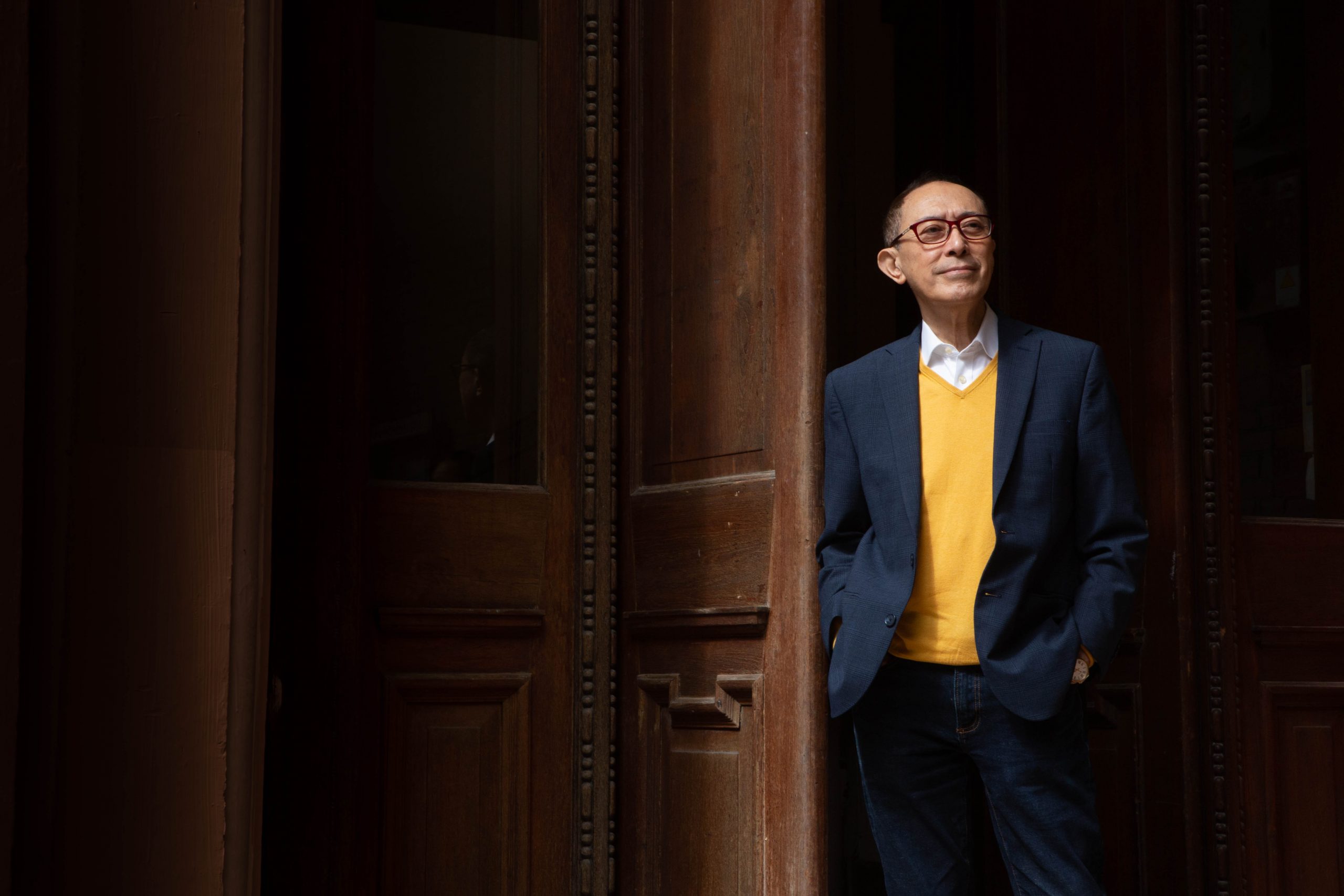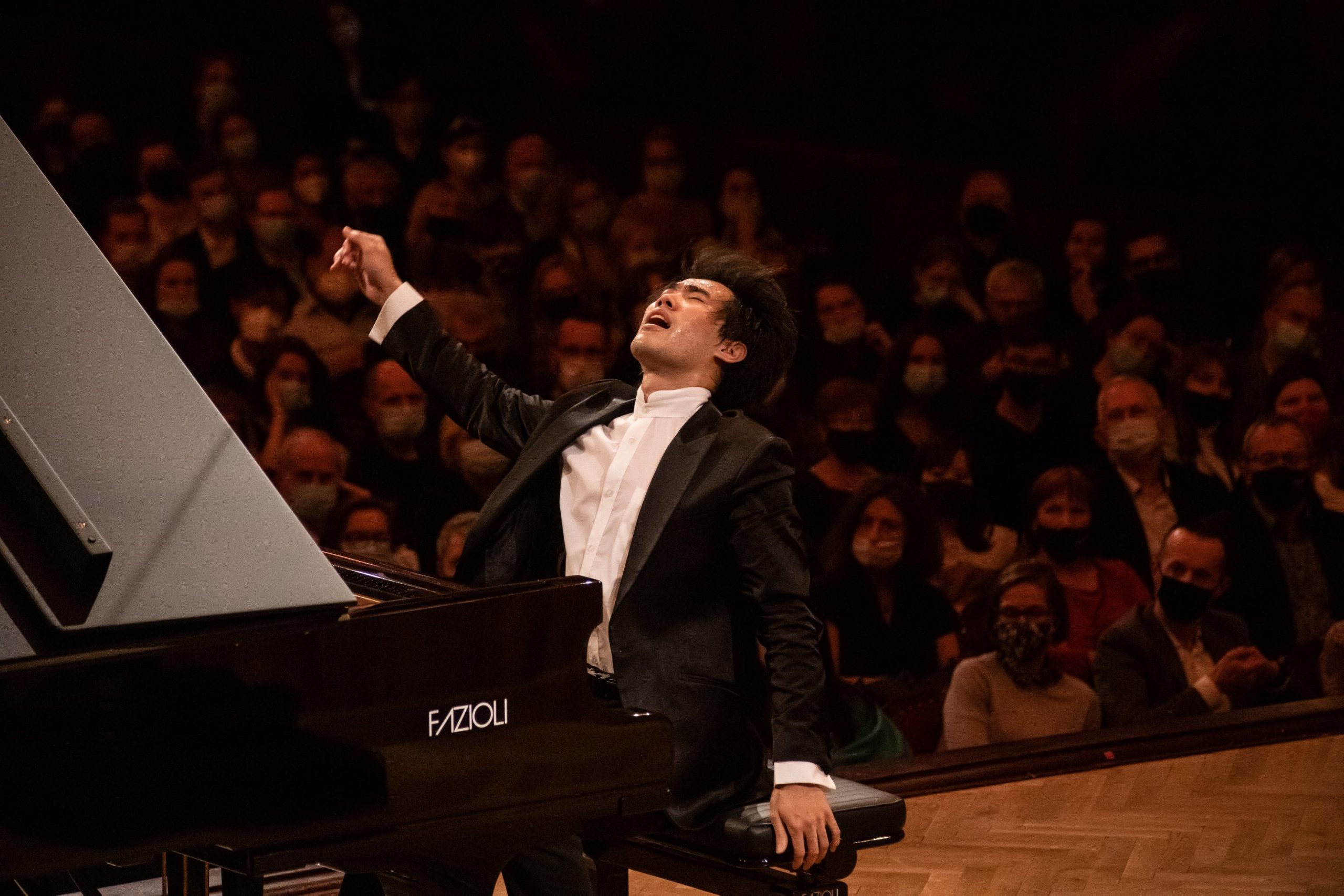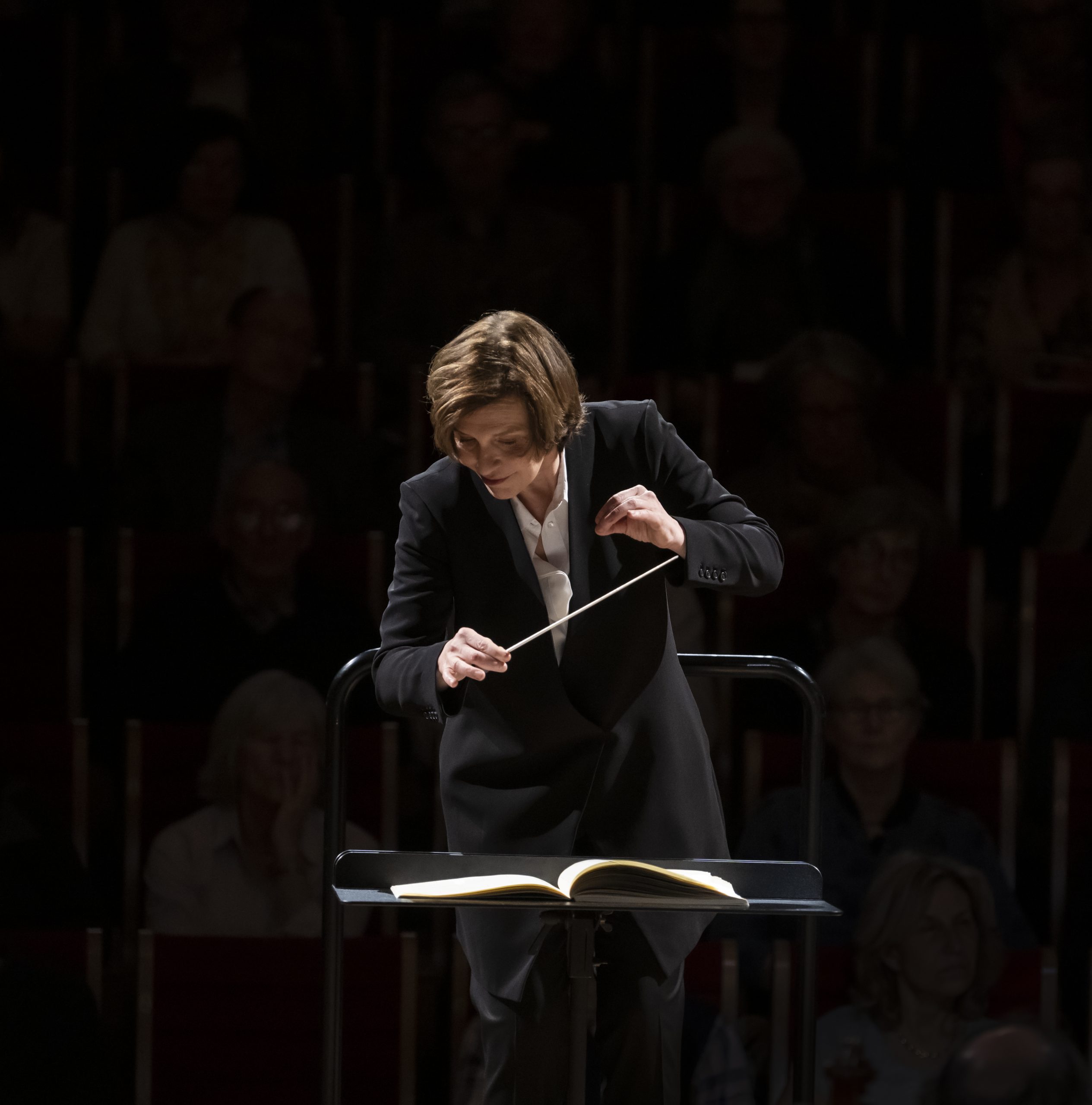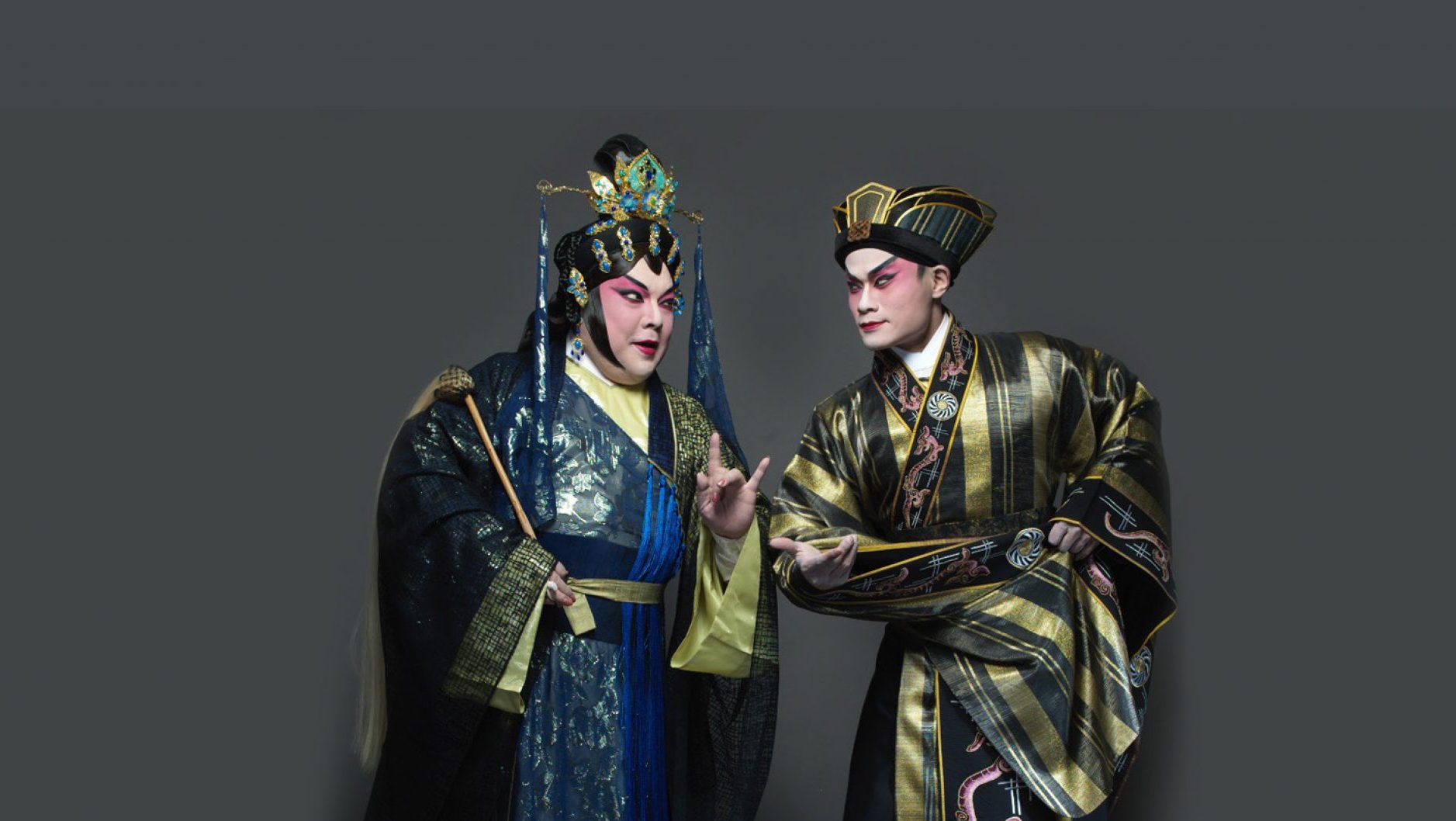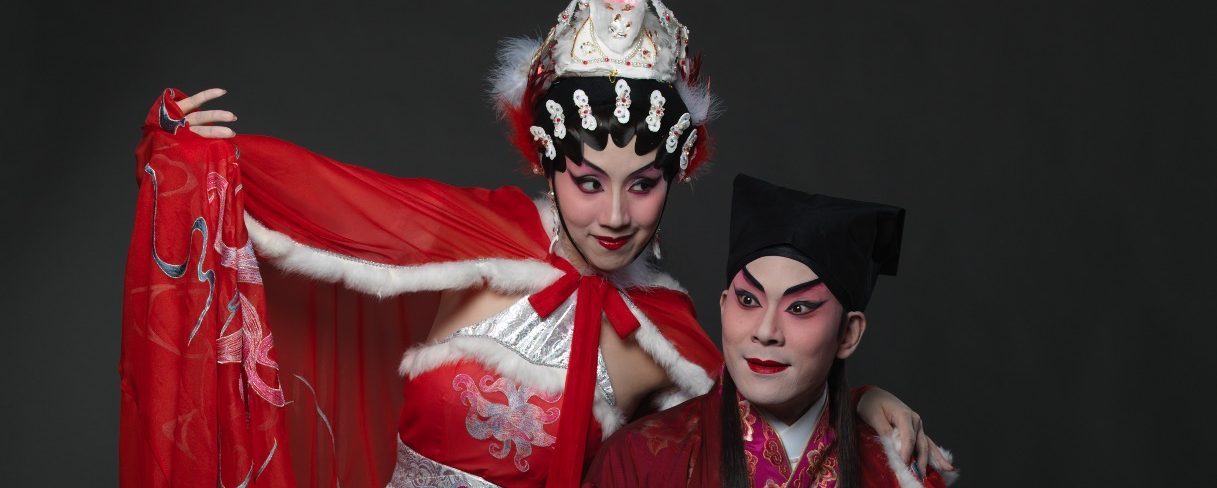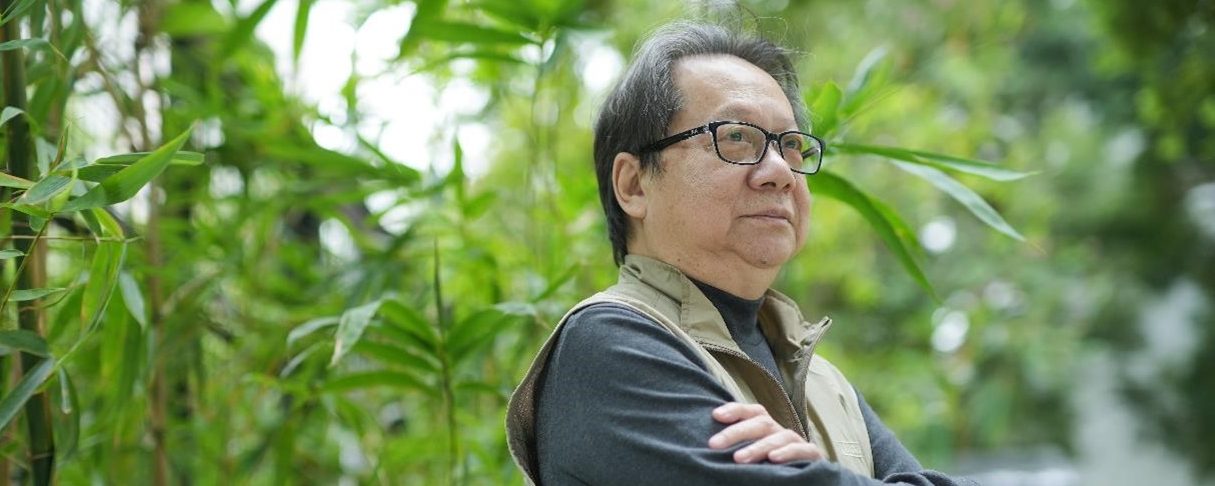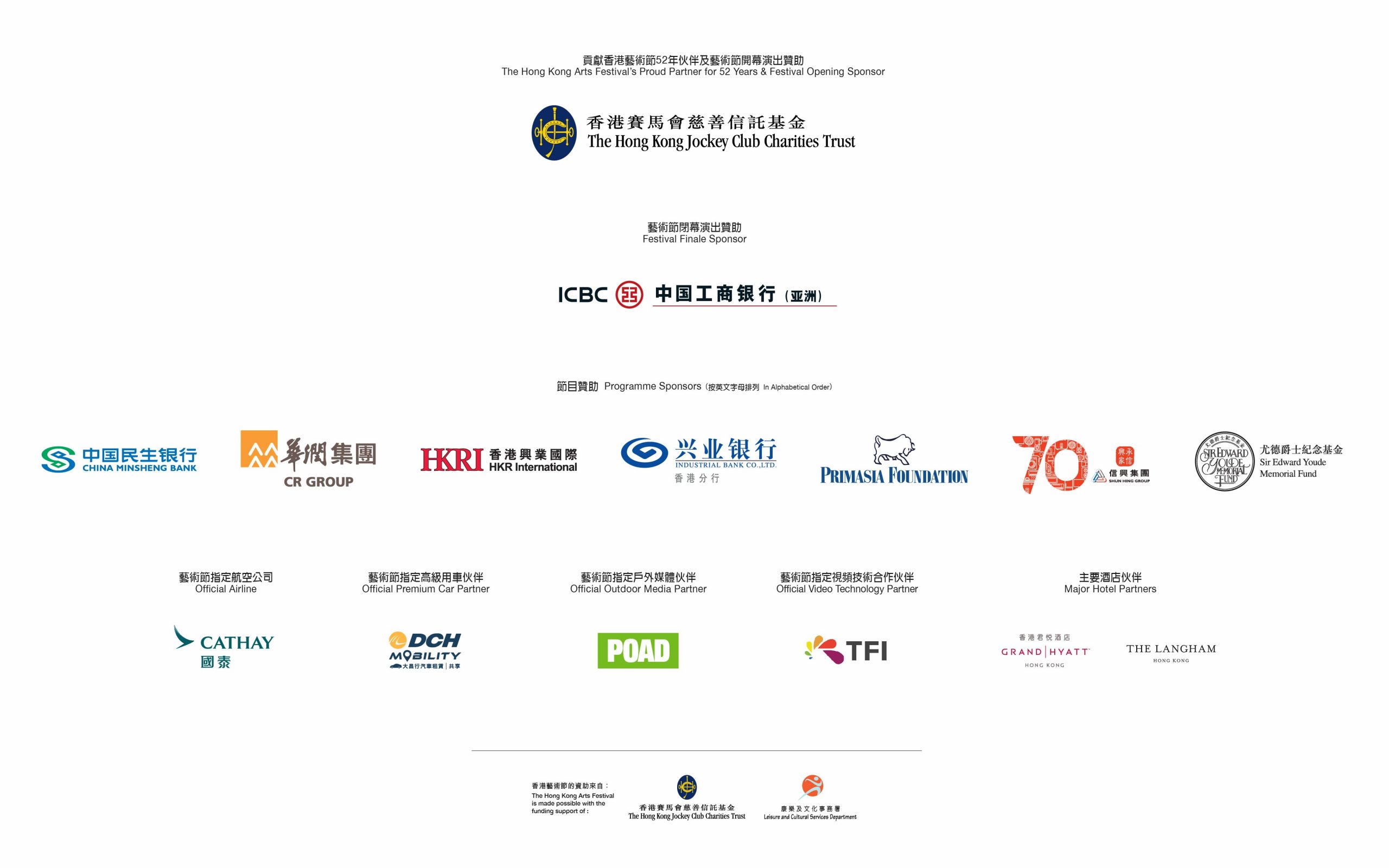Extensive efforts have been made to revive Cantonese opera in recent years, including new banknote designs featuring Cantonese opera stars and the construction of the landmark Xiqu Centre. Yet the traditional art form's future remains uncertain, as senior citizens continue to make up most of the audience. Practitioners have been tasked with bringing forth reforms of the sector and promoting the traditional art among young people. But how should this be done? How do we strike a balance between the old and the new? For years, theatre veteran Fredric Mao has attempted to answer these important questions. And his most recent creation, Cantonese Opera Classics Circa 2023, which comprises three excerpts, is an attempt to open up new possibilities for the genre.
Openness is of the essence
While growing up in Shanghai, China's cultural hub and a city where different cultures converge, Mao was exposed to different forms of Chinese opera from various parts of the country, an experience which greatly informed his own philosophy of theatre. He speaks of a restless search for his roots, a process which uncovered his ultimate passion for Cantonese opera. "Compared with Beijing opera, which embodies creative sophistication and maturity, Cantonese opera has proven to be more flexible," says Mao. "As a blend of the South and the North, it has a natural openness to it."
This flexibility assisted the drastic experiments involved in the production of Cantonese Opera Classics Circa 2023, although Mao stresses that he is ultimately committed to Cantonese opera, not experimental theatre. A lot of thought went into deciding what elements were included in the experiments. "In the past, going to operas was a common pastime," Mao says. "People were used to spending three hours or more in the theatre. But no one has that much time to spare these days, not to mention audiences now have very different viewing habits and tastes. So our productions have to be worth people's time and shouldn't go on for more than around two hours."
Building complexity
Despite his strong passion for Cantonese opera, Mao is also quick to admit its limits. "Traditional Cantonese opera is all about the hangdang system, meaning the characters do not vary beyond the set roles of Sheng, Dan, Jing and Chou. The hero and the villain are obvious from the start. But audiences today look for more nuanced stories; the dichotomous and stereotyped performances are hardly convincing anymore." Amid these changing times, Mao did not hesitate to explore new perspectives when reviewing the meaning of Cantonese opera, particularly from a contemporary theatre perspective.
The three opera excerpts in Cantonese Opera Classics Circa 2023 are presented in a linear manner, from the most traditional to the most modern, taking the audience on a journey through Mao's unique creative mind. Adapted from the classic The Butterfly Cup, "Hiding the Boat" preserves the original story but takes on a new look and feel in terms of stage effects, such as the lighting and mise-en-scène, to amplify the actors' movements and artistry. In "Secret Vow", Mao probes deeper into the psychology of the characters, revisiting the originally rosy love story between Empress Dowager Xiaozhuang and Dorgon from the Qing Dynasty, bringing to light the turbulence that lay beneath the surface. And "Peeking at the Drunk", Mao's reinterpretation of Tong Tik-sang's The Butterfly and Red Pear Blossoms, reimagines the classic tale from the perspective of a modern woman.
To Mao, the heavy reworking of narratives and visual elements has all been done in service of the characters, who remain the heart and soul of Cantonese opera. "Classics will stay classics, but they might not offer the best storytelling in such fast-changing times. We must endeavour to cultivate complexity in the characters and mature the perspectives they embody. Such as with the story of Empress Dowager Xiaozhuang and Dorgon—it wouldn't make any sense for them to give up their power and authority for love. In another case, how should a modern woman deal with being courted by a feudal man? This unprecedented effort in character building and understanding dramatic tension challenges the way we reimagine the classics."
Despite having been in constant search for new ways to reinterpret the classics, Mao has always loved Cantonese opera in its entirety, old or new. "To be innovative doesn't mean you discard what's old," he emphasises. "It is a way to unearth new angles and reflect on the value of traditions from there."
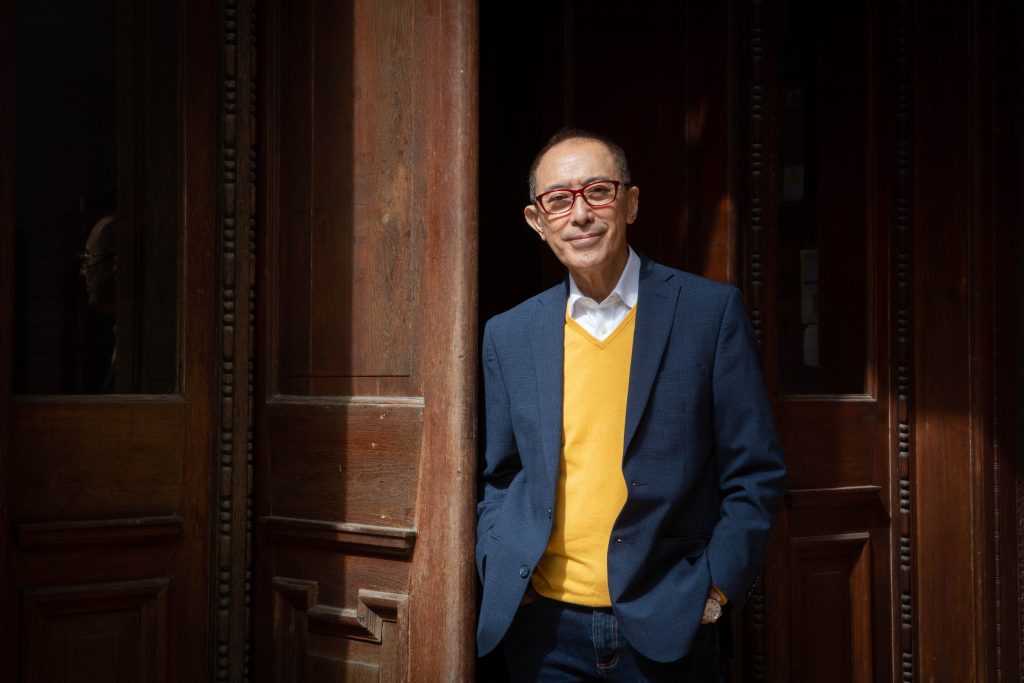
Cantonese Opera Classics Circa 2023
Detail: https://news.artsfestival.org/wp-admin/post.php?post=3463&action=elementor
